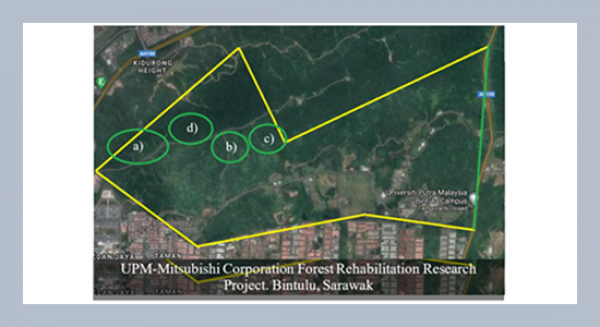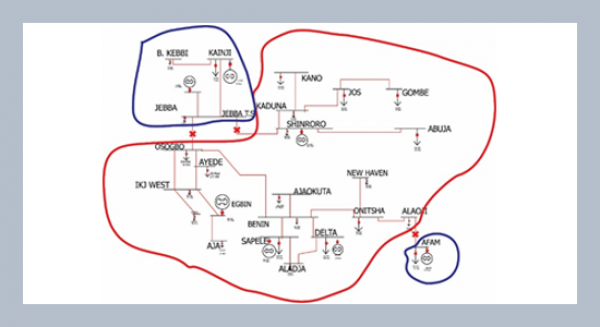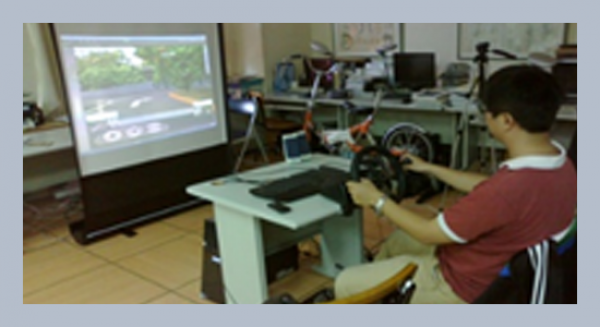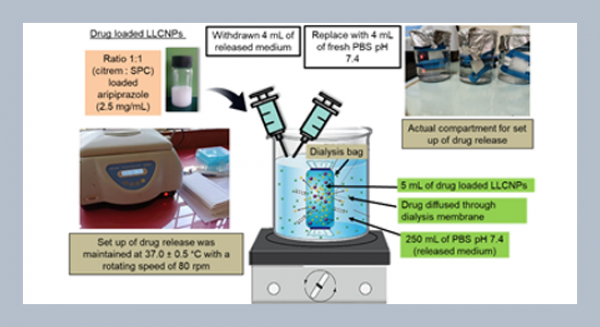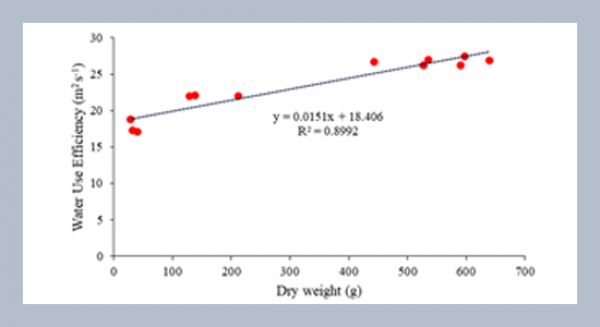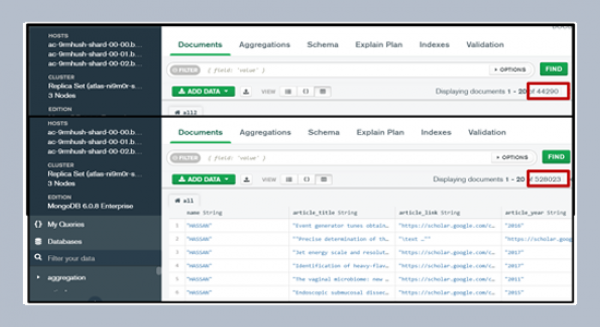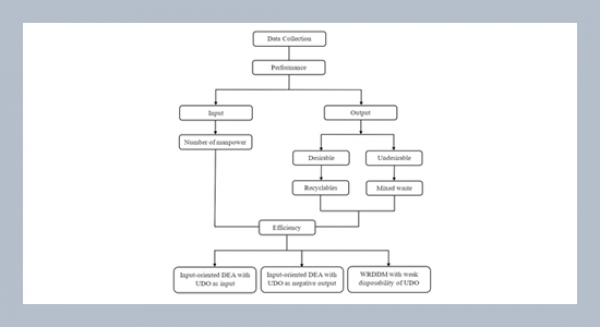Radhika Sajjaa* and Ch. Srinivasa Raob aDepartment of Mechanical Engineering, RVR & JC College of Engineering (Autonomous), Chowdavaram, Guntur, India
bDepartment of Mechanical Engineering, AU College of Engineering (Autonomous), Andhra University, Visakhapatnam, India
Download Citation:
|
Download PDF
Master Production Schedule (MPS) plays an important role in the specifications of optimization levels of resources for production. MPS describes what is to be produced and also refers to the time in which the production is scheduled to be completed. The creation of MPS becomes complex when objectives like maximization of service level, resource utilization and minimization of inventory levels, overtime, chance of occurring stock outs, setup times etc. are considered. Such multi objective parameter optimization problems can effectively be solved using the nature inspired population based algorithms. Differential Evolution (DE) is one such most powerful parameter optimization algorithm, which doesn’t require many control parameters. This work proposes a new Multi-objective Optimization for MPS using Differential Evolution (MOOMDE). The MOOMDE is applied to a benchmark problem and the results demonstrate that the use of D E yields the most optimal solution for MPS problems.ABSTRACT
REFERENCES
Keywords:
Master production scheduling; multi-objective optimization; differential evolution; mutation schemes.
Share this article with your colleagues
[1] Osman, I. H. and Laporte, G. 1996. “Metaheuristics: A Bibliography”. Annals of Operations Research 63 511-623.
[2] Coello, C. A. 1996. “An Empirical Study of Evolutionary Techniques for Multiobjective Optimization in Engineering Design”. Ph. D. Thesis, Department of Computer Science, Tulane University, New Orleans, LA.
[3] Dimopoulos, C. 2006. Multi-objective optimization of manufacturing cell design. International Journal of Production Research, 44(22), 4855-4875.
[4] Eusuff, M. and Lansey, E. 2003. Optimization of water distribution network design using the shuffled frog leaping algorithm. Journal of Water Resources Planning and Management, ASCE, 129: 210-225.
[5] Epitropakis, M. G., Tasoulis, D. K., Pavlidis, N. G., Plagianakos, V. P., and Vrahatis, M. N. 2011. Enhancing differential evolution utilizing proximity-based mutation operators. IEEE Transactions on Evolutionary Computation, 15, 1: 99-119.
[6] Storn, R. and Price, K. 1997. Differential evolution a simple and efficient heuristic for global optimization over continuous spaces. Journal of Global Optimization, 11, 4: 341-359.
[7] Das, S. and Suganthan, P. N. 2011. Differential evolution: a survey of the State-of-the-Art. IEEE Transactions on Evolutionary Computation, 15, 1: 4-31.
[8] Wu, Y., Liu, M., Wu, C. 2002. A genetic algorithm for optimizing the MPS of a processing-assembly production line with identical machines. IEEE, 3: 1172-1177.
[9] Hill, J. A., Berry, W. L., and Schilling, D. A. 2003. Revising the master production schedule in sequence dependent processes. International Journal of Production Research, 41, 9: 2021-2035.
[10] Sawik, T. 2007. Multi-objective master production scheduling in make-to-order manufacturing. International Journal of Production Research, 45, 12: 2629-2653.
[11] Robinson, E. P. Jr., Sahin, F., and Gao, L. L. 2008. Master production schedule time interval strategies in make-to-order supply chains. International Journal of Production Research, 46, 7: 1933-1954.
[12] Zobolas, G. I., Tarantilis, C. D., and Ioannou, G. 2008. Extending capacity planning by positive lead times and optional overtime, earliness and tardiness for effective master production scheduling. International Journal of Production Research, 46, 12: 3359-3386.
[13] Teo, C. C., Bhatnagar, R., and Graves,S. C. 2011. Setting planned lead times for a make-to-order production system with master schedule smoothing, IIE Transactions, 43: 399-414.
[14] Vieiraa, G. E. and Ribas, P. C. 2004. A new multi-objective optimization method for master production scheduling problems using simulated annealing. International Journal of Production Research, 42, 21: 4609-4622.
[15] Vieira, G. E. and Favaretto, F. 2006. A new and practical heuristic for master production scheduling creation. International Journal of Production Research, 44, 18-19: 3607-3625.
[16] Chern, C. C. and Hsieh, J. S. 2007. A heuristic algorithm for master planning that satisfies multiple objectives. Computers & Operations Research, 34: 3491-3513.
[17] Chaharsooghi, S. K. and Jafari, N. 2007. A simulated annealing approach for product mix decisions. Scientia Iranica, 14, 3: 230-235.
[18] Rezaie, K., Nazari-Shirkouhi, S., and Ghodsi, R. 2010. Theory of constraints and particle swarm optimization approaches for product mix problem decision. Australian Journal of Basic and Applied Sciences, 4, 12: 6483-6491.
[19] Gaafar, L. 2006. Applying genetic algorithms to dynamic lot sizing with batch ordering. Computer and Industrial Engineering, 51: 433-444.
[20] Soares, M. M. and Vieira, G. E. 2009. A new multi-objective optimization method for master production scheduling problems based on genetic algorithm. International Journal Advanced Manufacturing Technology, 41:549-567.
[21] Teo, C. C., Bhatnagar, R., and Graves, S. C. 2012. An application of master schedule smoothing and planned lead times control. Production and Operations Management, 21, 2: 211-223.
[22] Wu, Z., Zhang, C., and Zhu, X. 2012. An ant colony algorithm for Master production scheduling optimization. Proceedings of the 2012 IEEE 16th International Conference on Computer Supported Cooperative Work in Design, 775-779.
[23] Supriyanto, I. 2011. Fuzzy Multi-Objective Linear Programming and Simulation Approach to the Development of Valid and Realistic Master Production Schedule, LJ_proc_supriyanto_de 201108_01.
[24] Marler, R. T. and Arora, J. S. 2004. Survey of multi-objective optimization methods for engineering. Struct Multidisc Optim, 26: 369-395.
ARTICLE INFORMATION
Received:
2013-05-29
Revised:
2013-11-02
Accepted:
2013-11-21
Available Online:
2014-03-01
Sajja, R., Rao, C.S. 2014. A new Multi-Objective optimization of master production scheduling problems using differential evolution. International Journal of Applied Science and Engineering, 12, 75–86. https://doi.org/10.6703/IJASE.2014.12(1).75
Cite this article:




